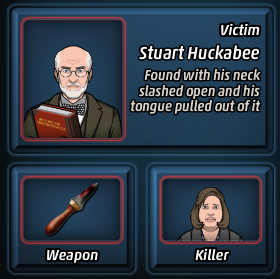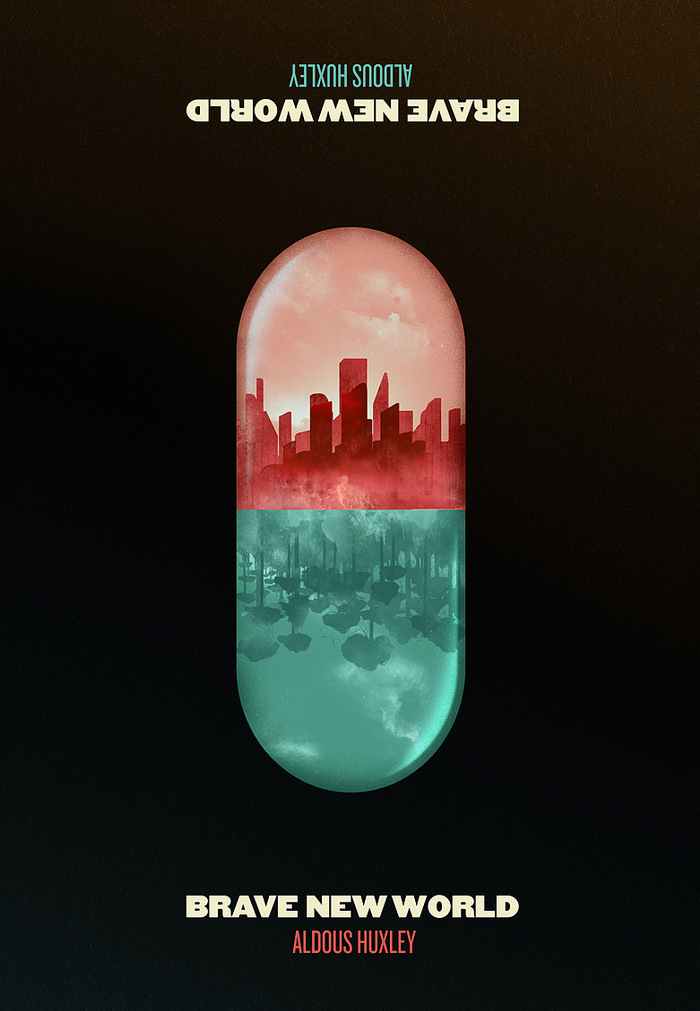

John Savage, however, considers this happiness to be artificial and "soulless". The key moral point of the book revolves around the problem that the people in the society appear, and state that they are, generally happy.

The culture shock which results when the "savage" is brought into regimented society provides the vehicle by which Huxley points out that society's flaws. Having grown up on a "reservation" of the Zuni Native American tribe, Savage, although biologically a product of Huxley's dystopia, is conditioned into and holds beliefs in keeping with a more "primitive" social situation. Huxley introduces the protagonist, named John, a savage from outside the Brave New World, into this society as an illustration of its failings. As the science writer Matt Ridley put it, Brave New World describes an "environmental, not a genetic, hell". Huxley wrote the book in 1932, twenty years before Watson and Crick discovered the structure of DNA. People are thus manufactured to fill their jobs, rather than jobs being created for people.įrom birth, members of every class are indoctrinated, by recorded voices repeating slogans while they sleep, to believe that their own is the best class to be in.Īny residual unhappiness is resolved by an anti-depressant drug called soma.Ĭontrary to an extremely common error, the biological techniques used to control the populace in Brave New World do not include genetic engineering. The alpha class is the most intelligent, the betas a little less so, and so on, down to the epsilon group, who are deliberately created with severe mental disabilities in order to perform the most menial tasks without complaint. Batches of children (mostly clones) are engineered in fertility clinics, where they are chemically stunted and/or deprived of oxygen during their maturation process to control their intelligence level and physical development. In this society people are largely "decanted" into a chemically-enforced and totally conformist caste society. Set in the future, it describes a dystopian society of Huxley's imagination. The book anticipates developments in reproductive technology, eugenics and mind control that combine to change society beyond recognition. Brave New World is a 1932 dystopian novel by Aldous Huxley.


 0 kommentar(er)
0 kommentar(er)
